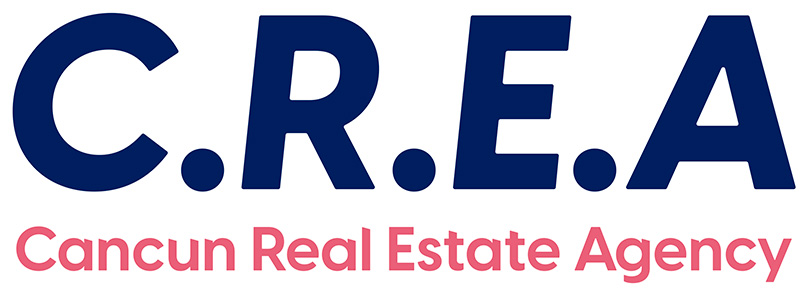Investing in real estate can be a lucrative venture, offering a combination of income generation, potential appreciation, and tax benefits. However, successful real estate investment requires knowledge, planning, and strategic decision-making. Here are the top seven things you need to know about investment real estate:
1. Types of Real Estate Investments
Residential Properties
- Single-Family Homes: These are standalone homes rented out to individual tenants. They are often easier to manage and sell.
- Multi-Family Properties: Includes duplexes, triplexes, and apartment buildings. These can generate multiple income streams from a single property.
- Vacation Rentals: Properties rented out short-term, often through platforms like Airbnb. They can yield high returns but may require more management.
Commercial Properties
- Office Buildings: Space rented to businesses. Typically involves longer leases but can be affected by economic cycles.
- Retail Properties: Includes shopping centers and storefronts. Location is crucial for success.
- Industrial Properties: Warehouses and manufacturing spaces. Often involve lower maintenance costs and longer leases.
Other Types
- REITs (Real Estate Investment Trusts): These are companies that own, operate, or finance income-producing real estate. They offer a way to invest in real estate without directly owning property.
- Land: Investing in undeveloped land can be speculative but offers potential for significant appreciation.
2. Location, Location, Location
The importance of location in real estate cannot be overstated. A property’s location affects its value, rental income, and future appreciation. Key factors to consider include:
- Proximity to Amenities: Access to schools, parks, shopping centers, and public transportation.
- Neighborhood Safety: Crime rates and overall neighborhood reputation.
- Economic Stability: Local job market and economic growth.
- Future Development: Planned infrastructure projects and zoning changes.
3. Financing Options
Understanding your financing options is crucial for real estate investment. Common financing methods include:
- Conventional Loans: Traditional mortgages offered by banks and financial institutions.
- Hard Money Loans: Short-term loans provided by private lenders, typically with higher interest rates.
- Private Money Loans: Loans from private individuals, often friends or family.
- FHA and VA Loans: Government-backed loans that offer favorable terms for qualifying buyers.
- Seller Financing: The seller acts as the lender, allowing the buyer to make payments over time.
4. Due Diligence
Thorough due diligence is essential before purchasing an investment property. This involves:
- Property Inspection: Identify any structural issues, necessary repairs, or potential problems.
- Market Analysis: Evaluate comparable properties (comps) to determine fair market value and potential rental income.
- Financial Analysis: Calculate the property’s cash flow, cap rate, and ROI (return on investment).
- Legal Considerations: Ensure the property complies with local zoning laws and regulations. Review any existing leases or tenant agreements.
5. Property Management
Effective property management is key to maintaining your investment and ensuring steady income. Options include:
- Self-Management: Handling all aspects of property management yourself. This can save money but requires significant time and effort.
- Professional Management: Hiring a property management company to handle tenant relations, maintenance, and rent collection. This can be more expensive but offers a hands-off approach.
6. Tax Implications and Benefits
Real estate investments come with various tax implications and benefits. It’s important to understand:
- Depreciation: This allows you to deduct a portion of the property’s value over time, reducing taxable income.
- Mortgage Interest Deduction: Interest paid on your mortgage can be deducted from your taxable income.
- Capital Gains Tax: Profits from the sale of a property are subject to capital gains tax, but there are ways to defer or reduce this tax (e.g., 1031 exchange).
- Property Taxes: These are recurring costs that must be accounted for in your financial planning.
7. Risk Management
Investing in real estate involves risks that need to be managed effectively:
- Market Risk: Real estate values can fluctuate based on economic conditions.
- Tenant Risk: Finding and retaining good tenants is crucial for steady rental income. Conduct thorough tenant screenings.
- Maintenance and Repairs: Unexpected repairs can be costly. Budget for ongoing maintenance and have a reserve fund for emergencies.
- Legal Risks: Ensure compliance with all landlord-tenant laws and property regulations to avoid legal disputes.
Conclusion
Investing in real estate can be highly rewarding, but it requires a solid understanding of the market, thorough due diligence, effective management, and strategic planning. By keeping these top seven factors in mind, you can make informed decisions and maximize your chances of success in the world of real estate investment.




